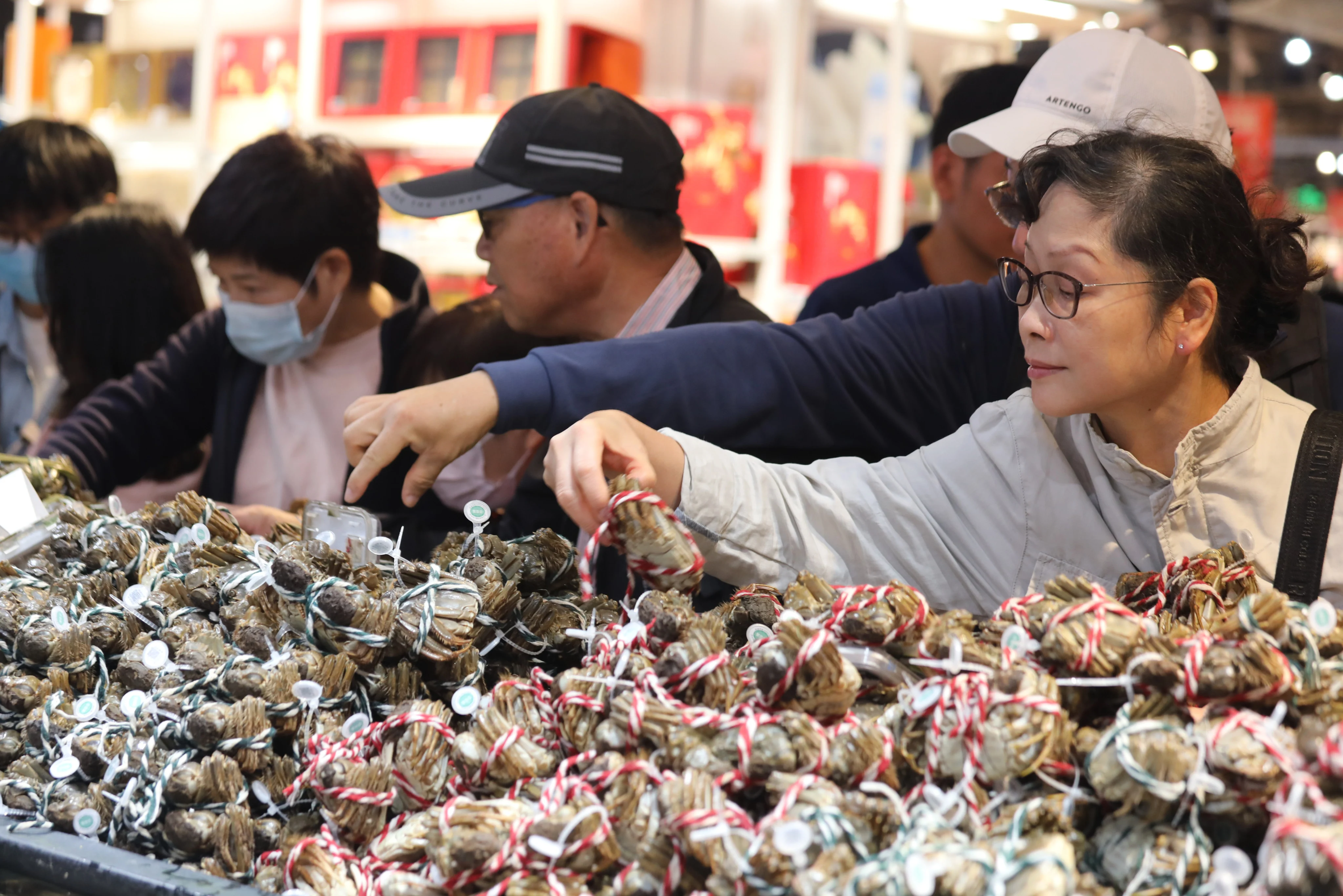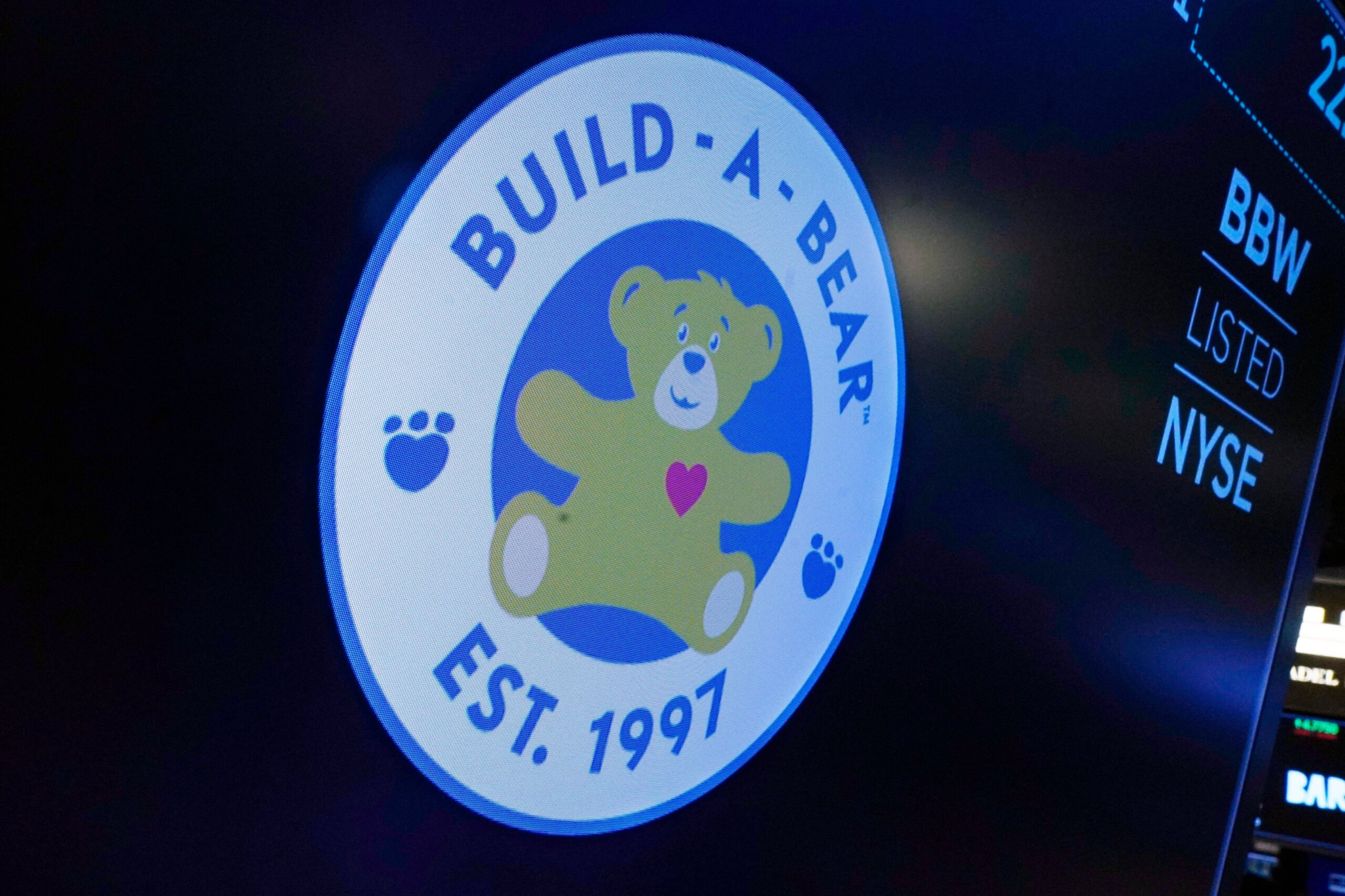By He Huifeng
Copyright scmp

As China’s National Day holiday approaches, prices of hairy crabs, one of the most popular seasonal gifts at this time of the year, are down markedly as the first batches are delivered to markets across the country.
Industry insiders predict that prices will fall further, citing higher production, shrinking gift-giving demand and weak household spending.
Businesses and wealthy individuals have long regarded hairy crabs, which are prized for their unique flavour, as an ideal gift for clients and officials. They have also served as an important gauge of consumer demand during China’s seven-day National Day “golden week” holiday, starting from October 1.
This year’s National Day break overlaps with the Mid-Autumn Festival, creating an eight-day “super golden week” that is being viewed as a litmus test for domestic demand – covering everything from retail sales and box office takings to spending on travel, dining and entertainment.
The first batches of hairy crabs hit markets across China last week, but market sentiment is downbeat less than two weeks ahead of the super golden Week.
Retail prices are down by about 20 yuan a kilogram (US$1.28 a pound) compared with the same time last year – when media reports said they ranged between 100 and 160 yuan/kg – and may fall further as deliveries gather pace, according to a report released online by Shanghai’s Jiading district government.
Hairy crabs, also known as mitten crabs, are palm-sized crustaceans named after their furry claws. Some of the most famous come from Yangcheng Lake in the eastern province of Jiangsu. The crabs are maturing earlier this year due to warmer climate conditions, with peak flavour expected late this month, rather than next month or later.
In the early 2010s, gift vouchers for 10 premium Yangcheng Lake crabs sold for as much as 3,698 yuan – meaning each crab was worth roughly the same as a gram of gold. Today’s steep discounts mark a dramatic shift in consumer sentiment.
A post by wholesaler Wang Min on Douyin, China’s version of TikTok, on Sunday complaining that prices for larger hairy crabs – weighing 150 grams (5.3 ounces) or more – were down nearly 30 per cent year on year attracted over a thousand likes and shares.
She added that presale prices normally rose before the holiday, but demand remained weak this year.
Liang Qing, a hairy crab dealer focused on sales in the affluent Pearl River Delta market, said he had thought last year was a low point, but now has no choice but to further reduce gift voucher prices.
Many of his customers reported no improvement in domestic or export businesses, resulting in extremely tight gift-giving budgets, he said.
“Actual sale discounts were about 50 per cent last year compared with the face value of the gift certificate,” Liang said. “This year they are closer to 70 per cent off.”
On several online fresh-food platforms, gift vouchers for eight premium Yangcheng Lake crabs are pre-selling for around 700 yuan, compared with nearly 1,500 yuan last year.
The sustained price pressure on hairy crabs mirrors broader strains as deflationary pressures affect household consumption.
The National Bureau of Statistics said the consumer price index (CPI) fell 0.4 per cent year on year last month – a deeper drop than expected. Data from the Ministry of Agriculture and Rural Affairs showed that in the second week of September, average national prices for pork and eggs were down more than 20 per cent year on year, with prices for chicken, fresh milk and mutton also lower. Only beef rose – up 3.4 per cent.
“Whether consumption rebounds during this golden week will be a crucial test of confidence for investors across consumer service industries,” said Yu Xi, a former restaurant owner in Guangzhou who exited the business on Sept 14 due to cash flow problems. “If demand stays weak, more restaurant operators may decide to shut down.”



